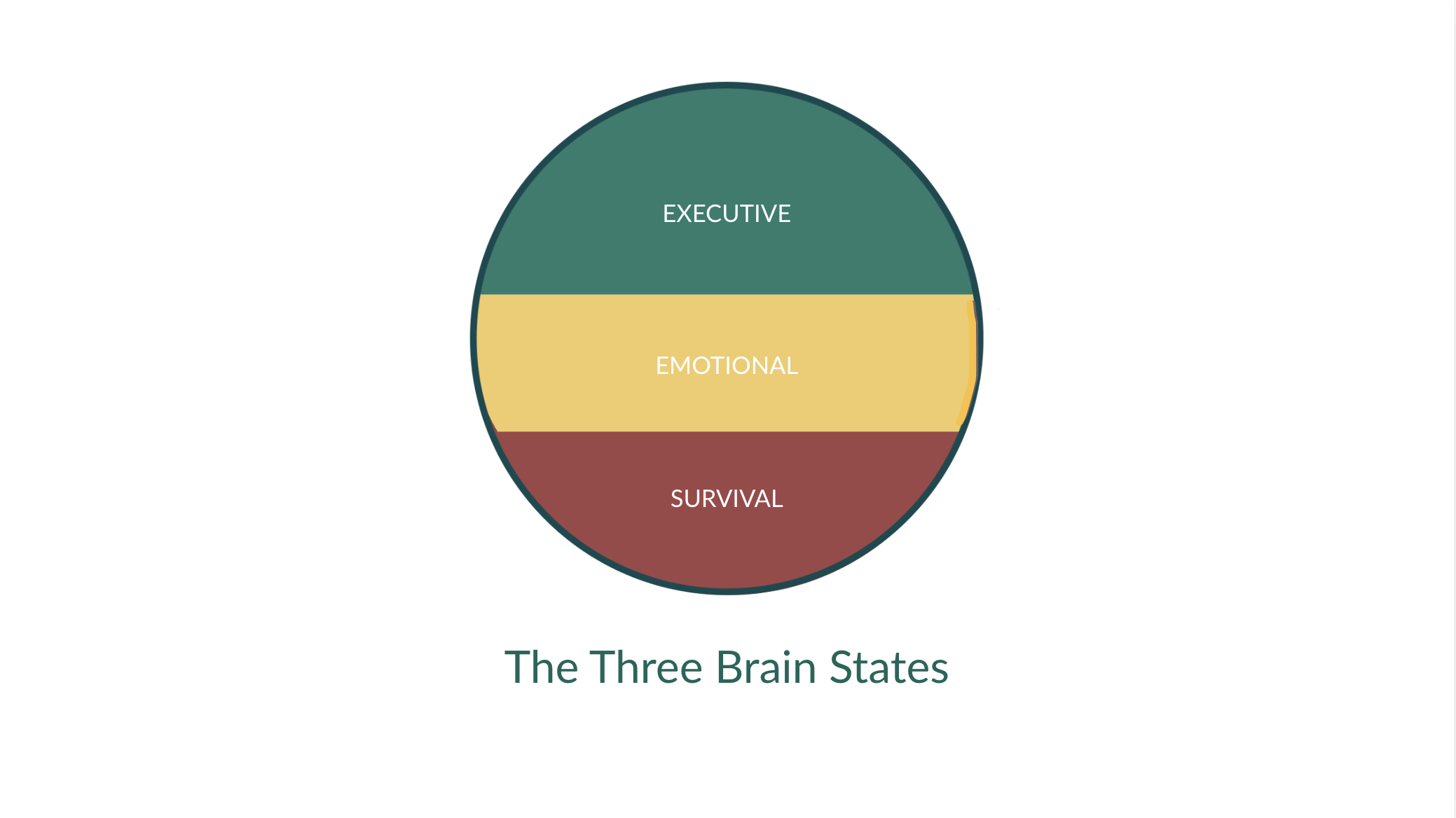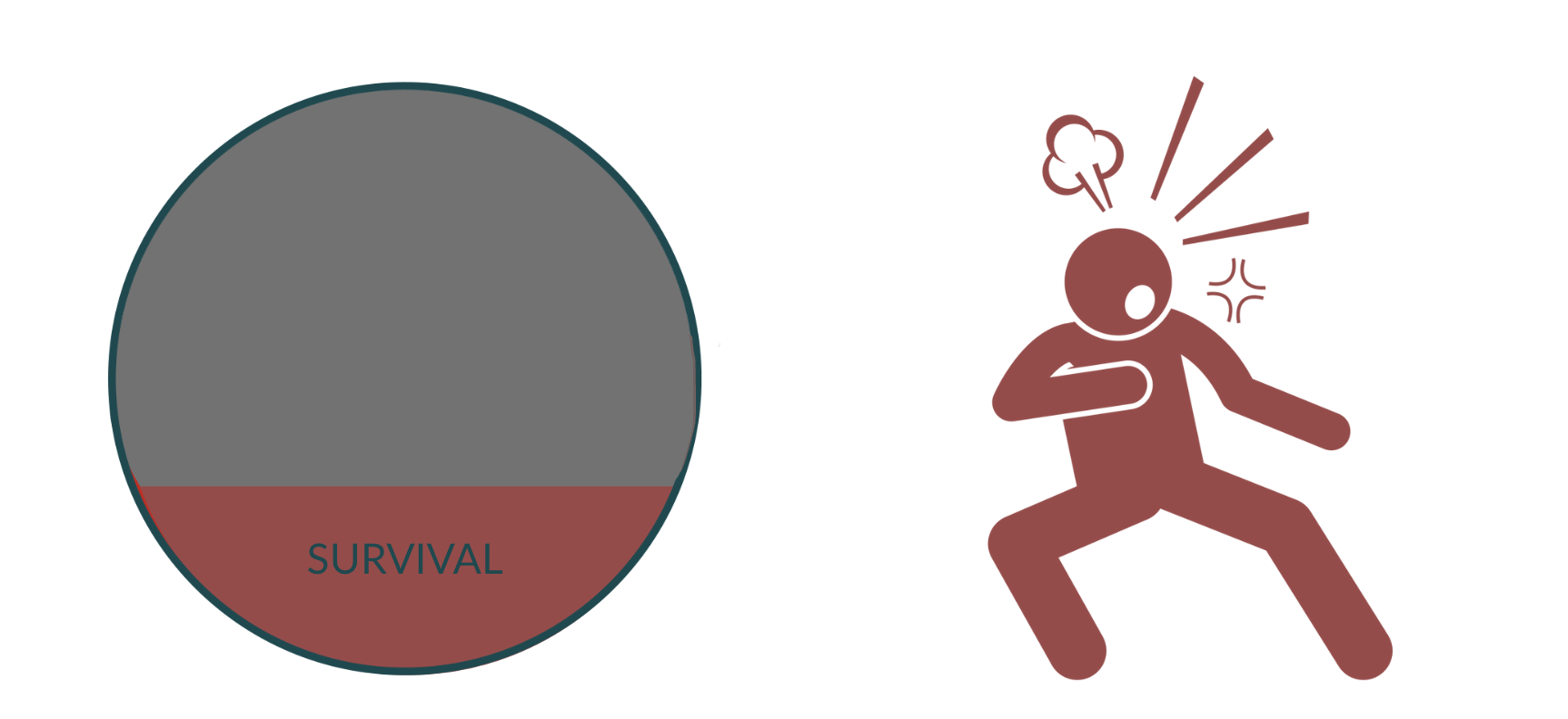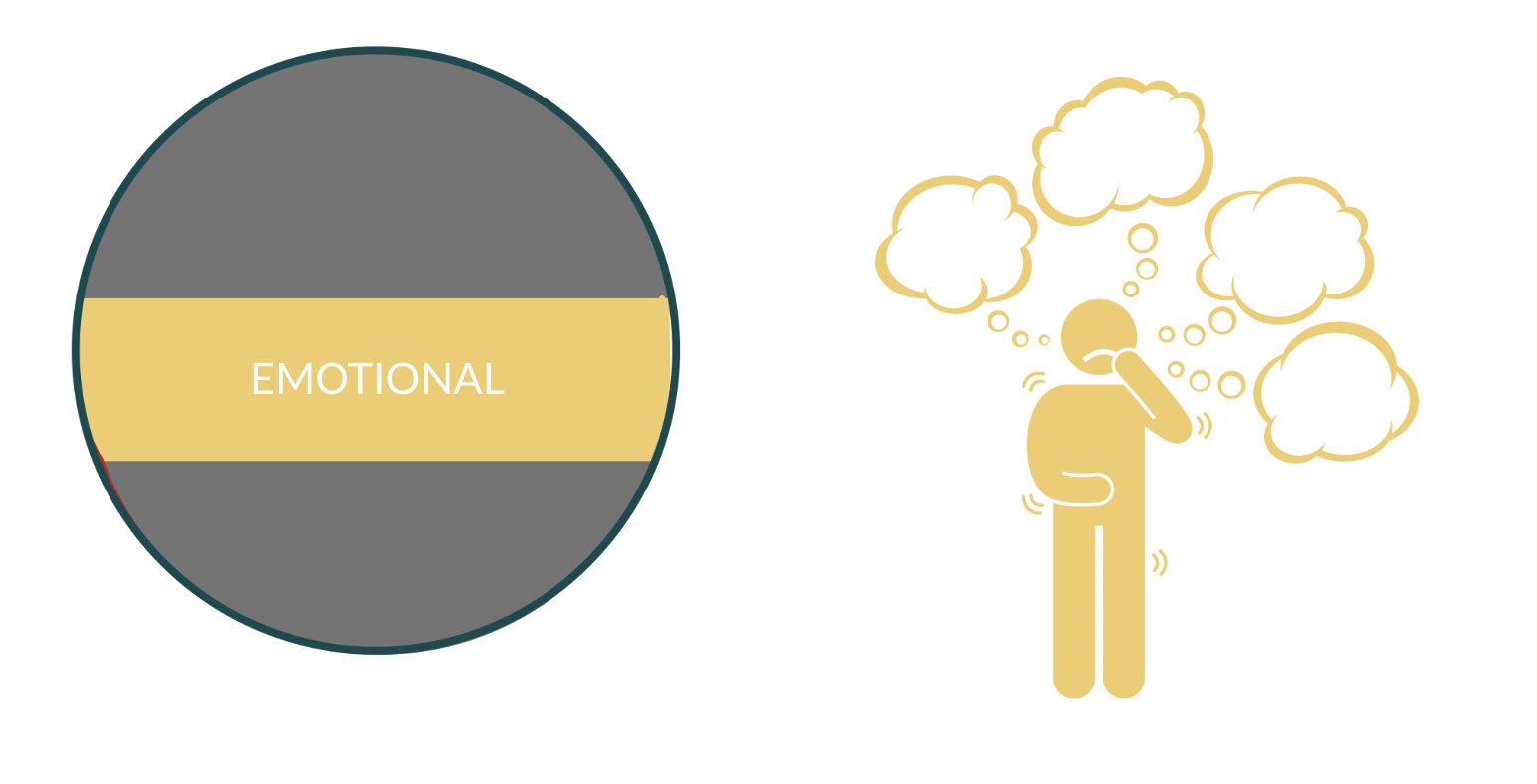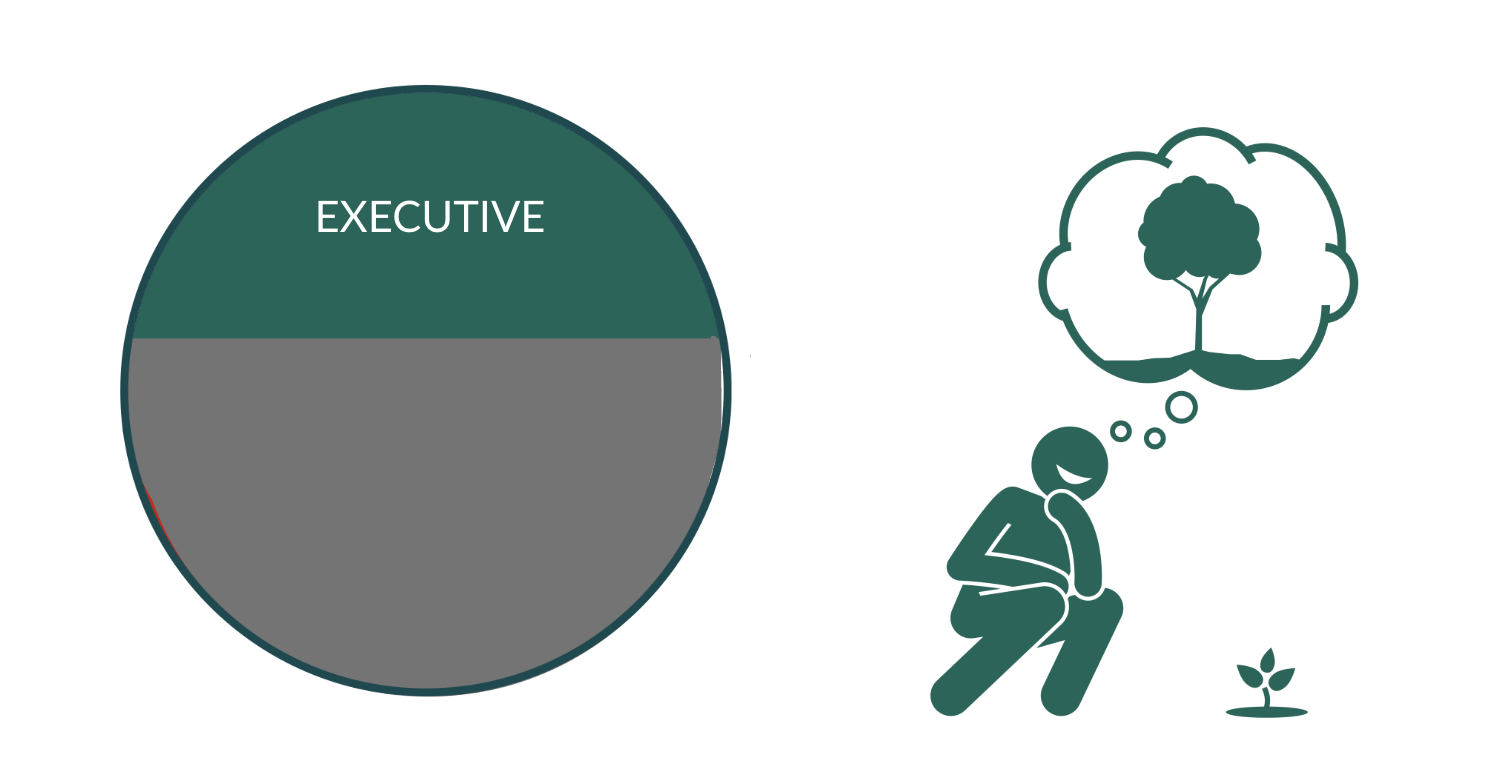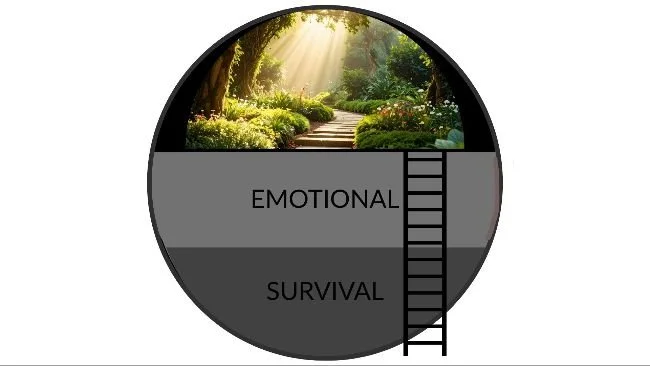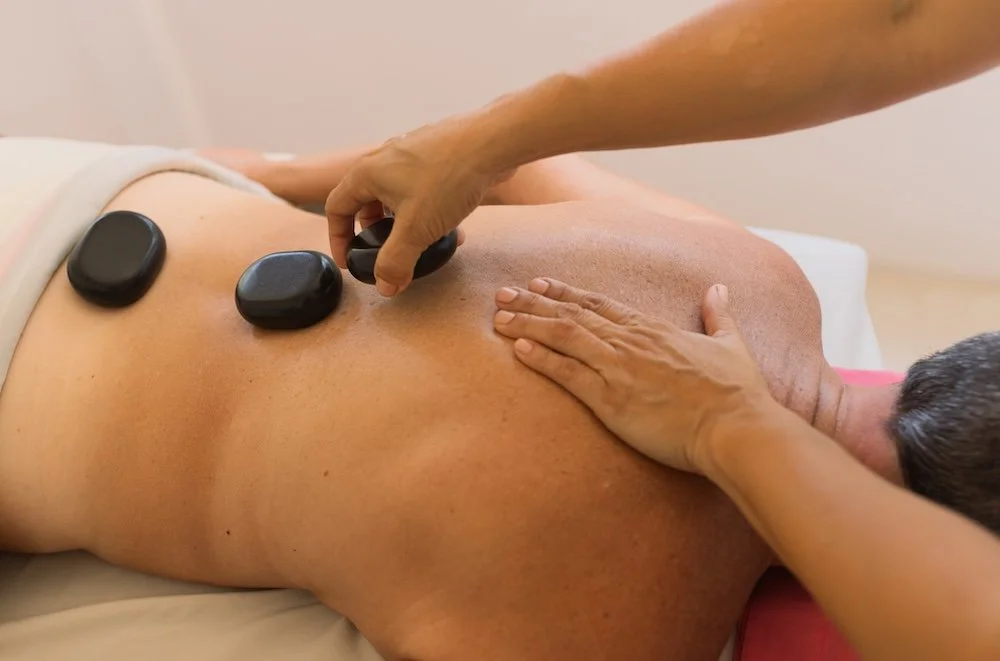(And really, we mean that in the most loving way.)
Because here's the thing:
Knowing your problem can be a super efficient route to literally whatever it is you want in life – more money, greater harmony, better work-life balance, true love... the list goes on.
Why?
Because your brain is effing brilliant.
It has an entire system in place for initiating the experience of emotion, and then finding good cause for expressing those feelings.
There's a powerful drive to process and integrate the emotional content of our lives, which allows us to shift into the gear of making good stuff happen, and then enjoying that good stuff.
Most of us have some key emotions that are preoccupying our system at any given time and needing to be integrated. So our brain helps us by finding scenarios that are a perfect match for these key feelings, giving us the motivation and opportunity to process them.
Just watch.
(Natalie taking the mic here)
Here are two things that happened to me this week that I complained about:
1. I was taking good care of the chickens, being a good householder, trying hard, being conscientious and loving, but the design of the chicken coop is bad, so my hand got injured really badly.
Poor me. Stupid coop designers.
2. I was hustling to my tight connecting flight a couple days ago. I did everything right, didn't dally, didn't even pee, just went straight to the gate, but when I arrived I was told they had closed the boarding early (who does that??) and I missed my flight.
Poor me. Stupid airline.
Both of these complaints follow the same theme for me: "I was doing everything right, and then something bad happened to me."
99.9% of a person's complaints fall into one or two common themes particular to them.
Why is that?
We will almost exclusively find experiences that match our common theme in order to get in touch with and process the particular feelings associated with that theme.
The current feelings my particular nervous system is trying to integrate are grief (Poor me.) and anger (Stupid airline.).
But our common theme is usually the opposite of what we want to happen.
If we want something other than our common theme to occur, then we want to keenly, thoroughly, and consistently support the feelings associated with the theme.
If we don't support the feelings, our nervous system will just have to keep finding/creating experiences that activate the feelings, instead of creating experiences that match different, more welcome emotions.
When we find our most common complaints – we find our key emotions.
When we find and support our key emotions – we don't have to keep re-experiencing the common complaints.
BONUSES:
When we find our common complaint, we no longer have to track and fix all our complaints.
Instead we can find the feelings inside the common theme and process those feelings.
Then what we encounter in the world changes.
How to find your common complaint(s):
– Look over the last week
– What did you complain about? (Alternatively, you could ask your partner or bestie what you complained about last week, too.)
– Can you find at least 3 complaints?
– What theme do they have in common?
Here are some themes our clients have found:
– Someone didn't do their job and now I have to deal with it
– If I'm not hyper-vigilant, something bad will happen
– I need help, and no help is coming
– I don't belong to anybody
– There's no room for me
– I'm not considered and valued
The Law of Functional Priority dictates that action, creation, and manifestation (all Executive functions...) take a back seat to emotional processing. So until the emotions are dealt with, we'll most likely keep looping in the same old plot lines..
So, what's your problem (common complaint)?
What feelings are hiding in there?
We're here to sleuth it out with you! Let us know what you find.
Find and resolve your common complaint in tropical paradise!
There are still some spots left in our NeuroMagnetic Besties Retreat!
It can be hard to crack the code of one's nervous system alone. Let's workshop your common complaints, key emotions, and other roadblocks together.
April 19 - 25
Pura Vida Wellness Center


